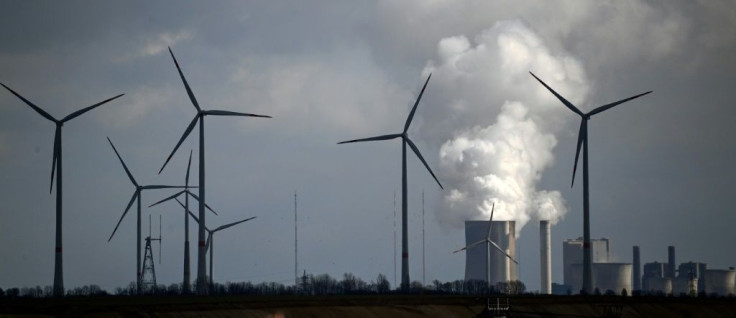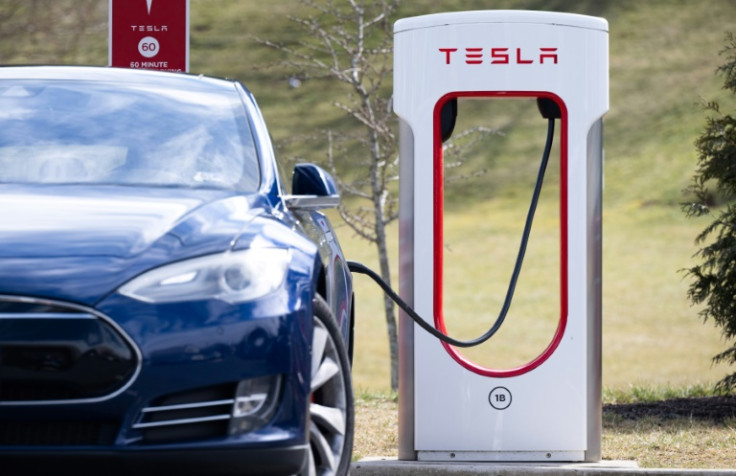Global Consumption Of Oil, Gas And Coal To Peak by 2030, IEA Says

The world will experience its maximum demand for oil, natural gas and coal, the three major fossil fuel sources, before 2030.
That's the main finding of the International Energy Agency (IEA) in its World Energy Outlook report, the organization's flagship annual publication on all aspects of global, regional and selected national energy markets.
"The transition to clean energy is happening worldwide and it's unstoppable," Fatih Birol, Executive Director of the IEA, said in the report, which was released Wednesday.
The study is considered an industry standard; its findings are used to inform business and policy decisions across a wide swath of key actors in the global energy sector.
Peak For Fossil Fuels
This is the first time that fossil fuels demand is projected to begin receding by 2030. Previously, the IEA's team of resident economists and researchers, in conjunction with significant consultation from industry and policy leaders, saw resilient demand.

This development stems from a confluence of factors, including, but not limited to: higher-than-expected electric vehicle sales in the United States following the Covid-19 pandemic, heat pump installation rates exceeding expectations in Europe, rapid construction of solar and offshore wind facilities in China, and newfound support for expanding nuclear power capacity in places like Japan and South Korea.
Renewable energy sources' share of global electricity production is expected to rise from 30% today to 50% by 2030. The report also identified a possible glut of natural gas starting around 2025 as a result of increased renewable energy capacity installation.
The findings of the IEA's World Energy Outlook come in contrast to the recent trend of corporate consolidation in the oil and gas industry, which experts say indicates a gamble in favor of the longevity of fossil fuels.
On Monday, Chevron said it agreed to buy oil and gas company Hess for $53 billion. The announcement came less than two weeks after Exxon Mobil also said it was acquiring oil company Pioneer Natural Resources for $59.5 billion.
China Slowdown

Closely related to the IEA's prediction of peak fossil fuel consumption is its forecast of relatively slow Chinese economic growth through the next decade.
The IEA expects China's gross domestic product expansion to remain below 4% through the remainder of the decade. Previously, the estimate was an average annual growth of 4.7%.
The new IEA forecast would result in a 5% reduction in global oil imports, a 20% drop in global liquefied natural gas imports, and a contraction in global coal demand equal to Europe's entire current consumption by 2030.
Roadblocks
The study also outlined potential challenges regarding the global transition towards renewable energy sources.
The IEA recognized that increasing geopolitical instability stemming from events like the Russian invasion of Ukraine and the ongoing conflict in Gaza could threaten the "fragile" stability of global energy markets, forcing governments to abandon previously made plans and commitments to transition to net-zero.
"Any deterioration in geopolitical tensions would undermine both the prospects for energy security and for rapid, affordable transitions," the report said.
And clean energy projects already face headwinds, namely in the form of "cost inflation, supply chain bottlenecks and higher borrowing costs."
Overall, the report expressed a need for complex solutions to the world's various energy-related challenges.
"Energy security and climate are interwoven, and claiming that we need to focus on just one or the other is a blinkered view," Birol said.
© Copyright IBTimes 2024. All rights reserved.












